6. Asteroid City (Wes Anderson)
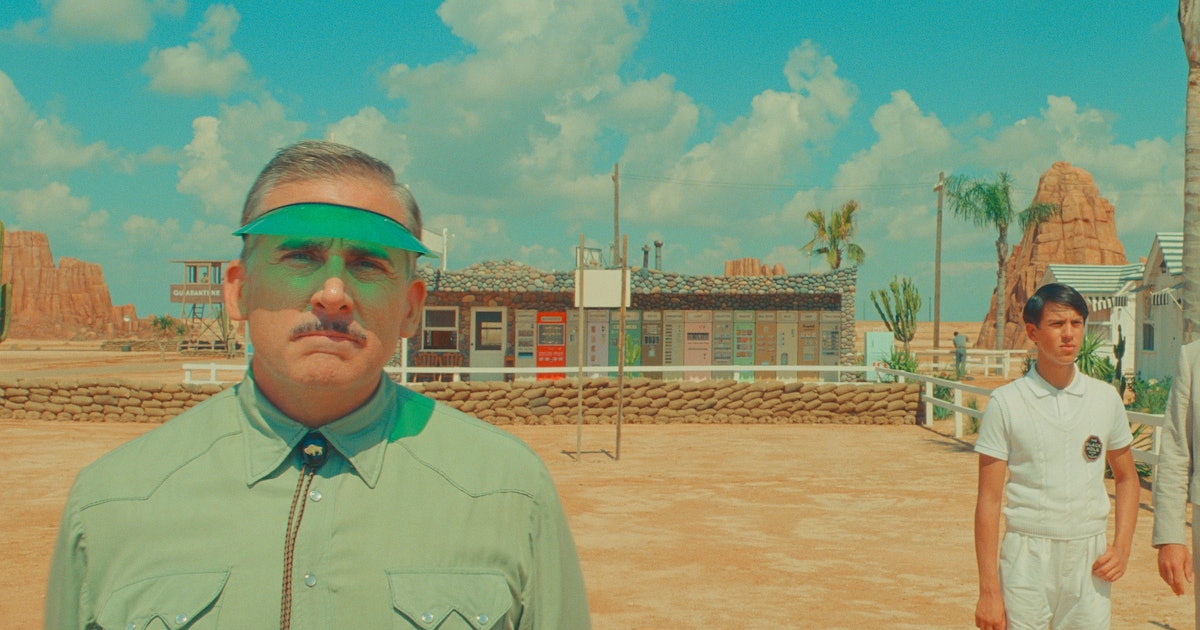
The last time a Wes Anderson film premiered at Cannes, the results were less than awe-inspiring. But let’s forget about “The French Dispatch”: a new offering from a director of his caliber is always cause for celebration—doubly so considering the staggering talent at his disposal. In “Asteroid City”, newcomers like Scarlett Johansson, Tom Hanks, Margot Robbie and Maya Hawke bring their A-list charm and round up an ace cast populated by Anderson regulars like Jason Schwartzman, Tilda Swinton and Ed Norton.
With eleven films now under his belt, the mastermind behind “Rushmore” and “The Royal Tenenbaums” has developed one of the most stylistically distinct authorial stamps in all cinema. His latest, set in a fictional mid-1950s Southwestern town struck by an alien invasion that may or may not be bogus, is unlikely to win over any viewers yet to fall for his crisp camerawork, whimsical dialogue and offbeat humor. If you consider yourself a Wes-head, however, “Asteroid City” is a superb addition to his personal canon that never overstays its welcome and works far better than it has any right to.
7. Monster (Hirokazu Kore-eda)
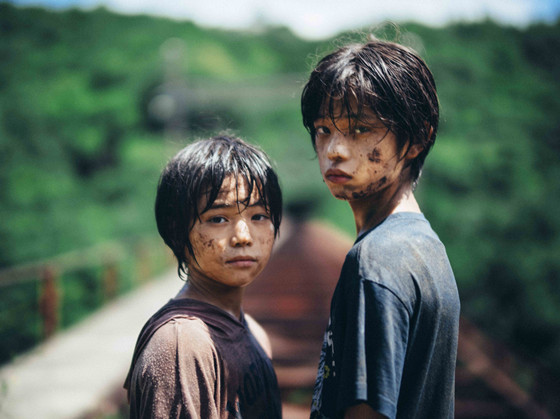
If Palme d’Or-winner Hirokazu Kore-eda has managed to take permanent residence at the French Riviera for the past 25 years, it is in no small part owed to the fact that he’s yet to show any signs of slowing down. Fresh off his French and Korean-language debuts, the prolific maestro wasted no time to shoot on his home turf for the first time since “Shoplifters” with another quietly-devastating family drama; this time centered on a single mother who suspects something is wrong with his teenage son.
Perhaps even more impressive than the breakneck speed in which the Japanese filmmaker continues to churn out film after film is the fact that he actually keeps surprising us by exploring familiar themes in refreshing new ways. Winner of the Queer Palm and Best Screenplay, “Monster” is yet another uncomplicated story about ordinary people and an elegant distillation of a 30-year-long career devoted to outcasts and misfits. Any other director would kill to make a film half as detailed and compassionate as this one—for Kore-eda, though, it’s just another walk in the park.
8. La Chimera (Alice Rohrwacher)
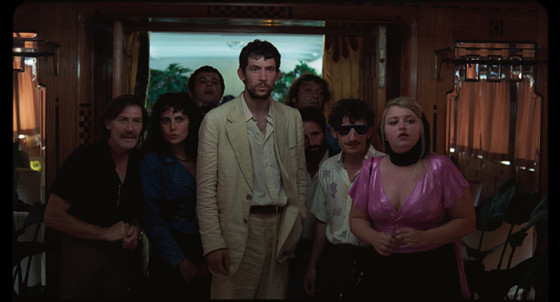
At what was initially intended to be a week-long celebration of all things “Indiana Jones”, who would’ve guessed that Josh O’Connor of all people would steal Harrison Ford’s thunder by playing the most easily lovable archaeologist-slash-treasure hunter all across Cannes’ slate?
In Alice Rohrwacher’s rip-roaring drama “La Chimera”, the former “The Crown” alumni uncorks a knockout performance as Arthur; an enigmatic, stoic Englishman with a heavy heart and a special talent for sniffing out ancient treasure. Newly released from prison, we see Arthur get acquainted with a ragtag crew of local ‘tombaroli’—clandestine gravediggers who roam through 1980s Italy stealing artifacts and looting sacred burial grounds. Not that it doesn’t stand firmly on its own, mind you, but if watching an octogenarian Harrison Ford punch Nazis for the umpteenth time won’t get your adrenaline pumping (or like us wish Indiana Jones addressed the moral quandaries of his particular line of work), this major left-field discovery should scratch that itch.
9. Perfect Days (Wim Wenders)
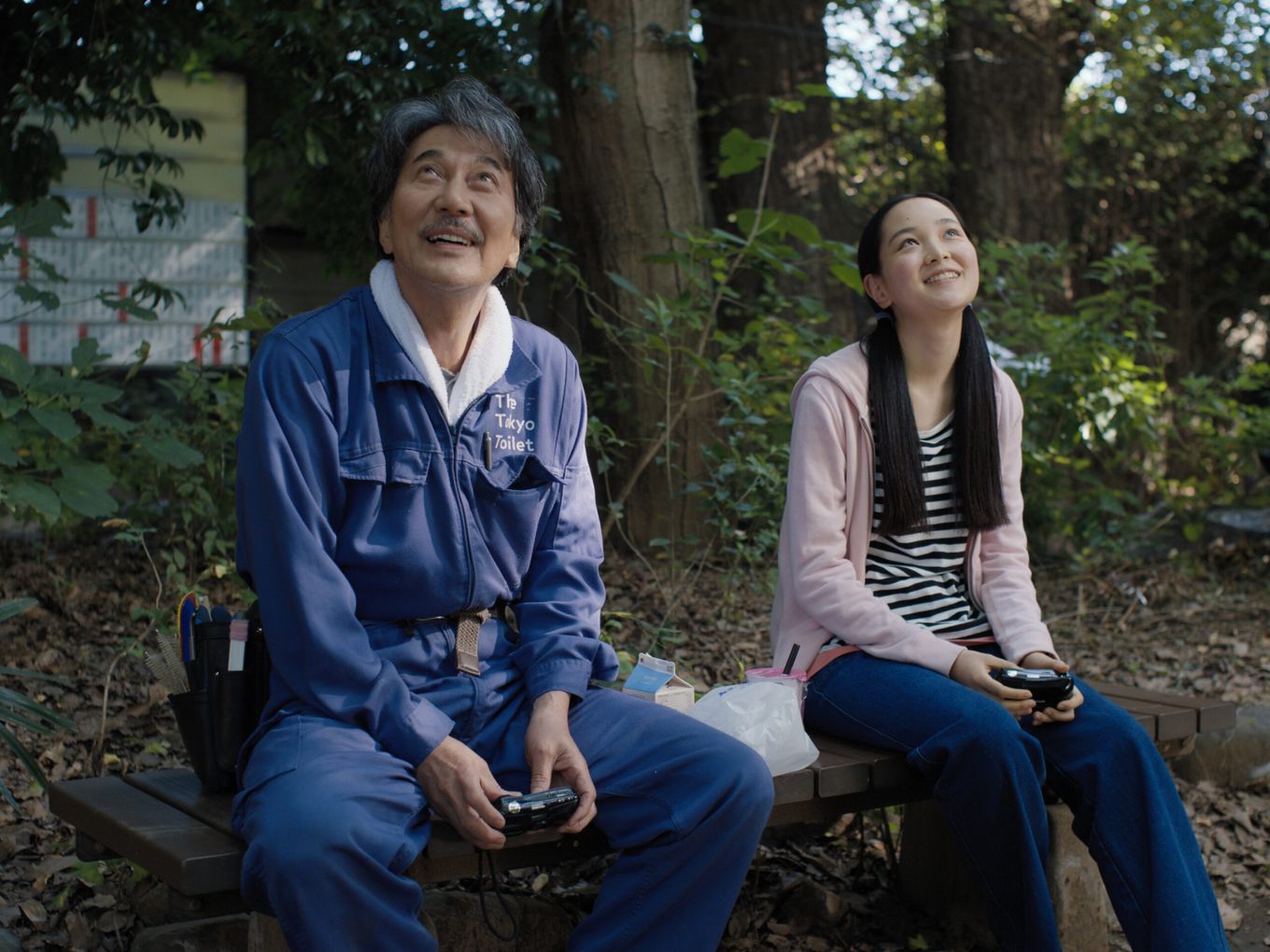
Hopes were high for the latest lo-fi character study from Wim Wenders, the New German cinema lynchpin who first conquered the Croisette nearly 40 years ago with “Paris Texas”, in what is being labeled as a stunning showcase for Koji Yakusho.
The legendary Japanese actor from “Cure” and “Tampopo” won the jury’s hearts and took home Best Actor honors for his quiet, subtle, moving performance as Hirayama, a modest, middle-aged bathroom janitor who lives a simple life in Tokyo. In meticulously detailing the strict daily routines of Hirayama, a man of simple pleasures and an almost monk-like philosophy, Wenders delivered his most contemplative, melancholic story since the 1987’s “Wings of Desire”. “Perfect Days” is a study of stasis and containment that might turn off unassuming viewers in its enormous spareness, but the movie creeps up on you and leaves a firm impression by the time the credits roll.
10. The Pot-au-Feu (Tran Anh Hung)
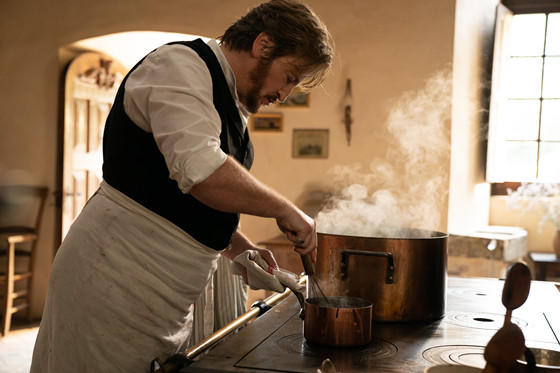
French-Vietnamese director Tran Anh Hung gave every member of the Cannes’ jury something to drool over with his first film in almost eight years. Hailing from gastronomic staples like “Eat Drink Man Woman”, “Tampopo” and, yes, “Ratatouille”, “The Pot-au-Feu” is a sumptuous cinematic meal that similarly takes a genuine enthusiasm for the art of cooking and builds an entire narrative around it.
The broad narrative strokes center around the “Napoleon of culinary arts”—a renowned mid-19th century French chef by the name of Dodin Bouffant, who slowly happens to fall in love with her fellow cook Eugenie (Cannes regular Juliette Binoche). The film’s exquisite carousel of mouth-watering cooking sequences is not only a visual delight in itself, but an effective way to further progress the story and bridge the gap between characters. Your mileage may vary, but although some may find it a bit too syrupy for their cinematic taste buds, “The Pot-au-Feu” should still find plenty of welcoming audiences this fall.